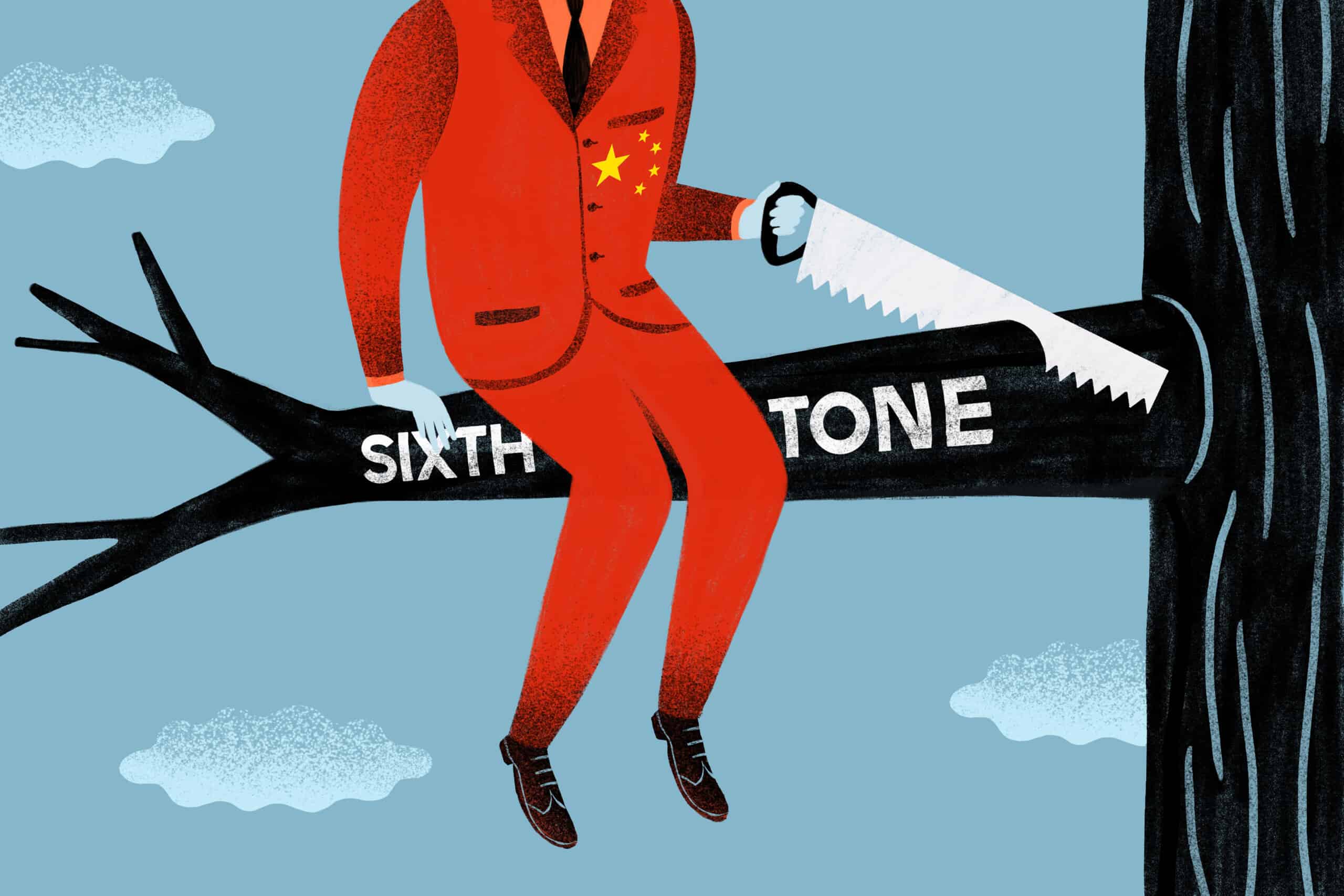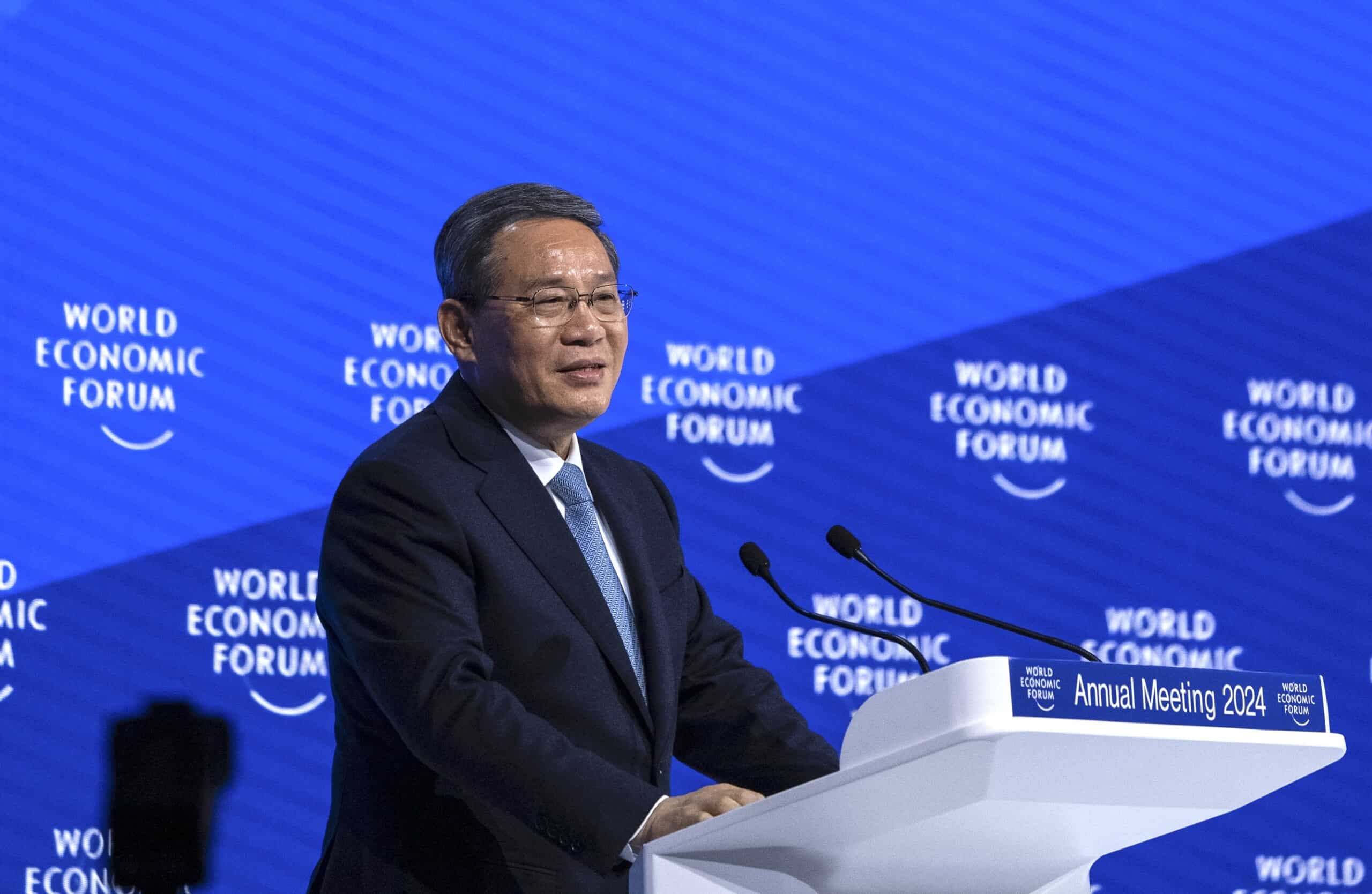Good evening. Imagine reading a Chinese state-owned media story about a Kazak lesbian in China. Or a feature in state-owned media entitled “‘Little Pinkos’ and the Problem of Patriotism in China.” It was only a few years ago that Sixth Tone published such journalism, gaining fans inside and outside of China along the way. Our cover story this week takes readers inside the celebrated publication’s demise — and explains what it says about China’s censorship. Elsewhere, we have an amazing infographic that breaks down the global semiconductor industry (seriously, you’re going to want to print this one out); an interview with Dawn Murphy on China’s growing influence in the Middle East and Africa; a reported piece on the flood of Chinese companies venturing into the Arctic; and an op-ed about China’s imagination deficit. If you’re not already a paid subscriber to The Wire, please sign up here.
Want this emailed directly to your inbox? Sign up to receive our free newsletter.

Tone Deaf
Sixth Tone, a state-owned media outlet, has long been celebrated for carving out a unique space in China to tell stories about ordinary people. But as Rachel Cheung reports, over the past year, Beijing has tightened Sixth Tone’s leash, illustrating how fearful censors have grown and marking the end of Xi Jinping’s effort to “tell China’s story well.”

The Big Picture: Who’s Who in the Semiconductor Supply Chain
An all-in-one infographic by Paul Sédille provides a detailed analysis of the key elements, countries and companies in the global semiconductor supply chain.
A Q&A with Dawn Murphy

Dawn Murphy is an associate professor of National Security Strategy at the U.S. National War College, where her research focuses on China’s behavior as a rising global power and its impact on the existing global order. In her new book, China’s Rise in the Global South: The Middle East, Africa, and Beijing’s Alternative World Order, Murphy relies on extensive field work both in China and the relevant regions to assess growing influence and the extent to which it is challenging the U.S. and its Western allies. In this week’s Q&A with Andrew Peaple, she talks about Beijing’s response to the Israel-Hamas conflict and the Houthi attacks in the Red Sea, plus why China’s ‘alternative order’ is attractive to countries in the Global South.
Dawn Murphy
Illustration by Lauren Crow

Breaking the Ice
Russia and China’s shifting relations are helping to encourage a flood of Chinese companies into the Arctic. Aaron Mc Nicholas reports.

China’s Imagination Deficit
Despite facing a flagging economy, powerful demographic headwinds, and an escalating rivalry with the United States, the Chinese government appears unwilling or unable to devise a new approach to policymaking. Instead, argues Stephen Roach in this week’s op-ed, it continues to rely on stale tactics, while attempting to draw inspiration from ideology.

Subscribe today for unlimited access, starting at only $19 a month.



